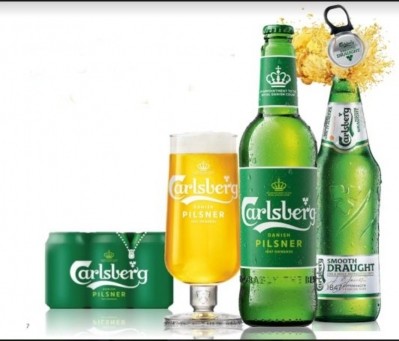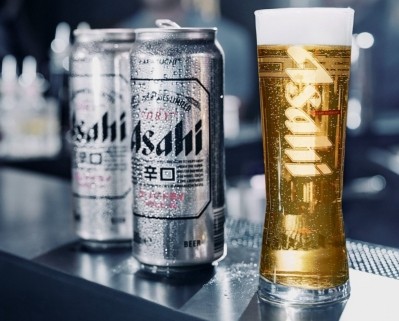Inflation and taxation: Carlsberg Malaysia retains cautionary outlook despite over 200% profit growth this quarter

For the quarter ending September 30 2022, Carlsberg Malaysia announced an increase in revenue of 63.7% to RM571.6mn (US$171.3mn) and a profits rise of 236.3% to RM102.4mn (US$22.3mn).
However, Carlsberg Malaysia Managing Director Stefano Clini has stressed this to be a result of the low base profits seen in FY2021 that were severely affected by the COVID-19 pandemic and saw the brewery’s operations suspended for almost three months throughout June all the way to mid-August.
The company’s Q32021 revenue came in at RM349.3mn (US$104.7mn) and profits were RM30.4mn (US$9.1mn) respectively.
“We expect the outlook to remain challenging, given the global inflationary pressures, supply chain disruption and further costs pressures,” Clini told FoodNavigator-Asia.
“This is coupled with the impact from the one-off prosperity tax (Cukai Makmur), which will continue to affect the earnings for the final quarter of the year.”
The Cukai Makmur is a one-off tax mechanism that taxes businesses with a chargeable income of over RM100mn (US$21.8mn) at a 33% rate as opposed to the regular 24% corporate rate.
However, Clini has also expressed appreciation for the Malaysian government’s recent decision to not increase taxation for the beer sector in 2023, saying this will not only help the industry but also prevent the illicit alcohol sector from flourishing.
“We welcome the Malaysian Government’s decision of not increasing beer excise in the recently tabled National Budget 2023 - This, together with more enforcement, will help to further curb the growth of illicit beer and augur well for both the Government and the legitimate beer industry,” he said.
“[We are committed] to continue to stay disciplined in cost optimisation initiatives and deliver efficiencies, whilst also reinvesting in our brands to fuel growth.
“[One area here is] premiumisation, where we have increased investment behind the 1664 Michelin campaign and launched the Somersby Watermelon variant in Singapore, as well as rolled-out the Asahi Super Dry’s Sense Tokyo promotion in both Malaysia and Singapore.”
Sustainability priorities
Carlsberg also recently launched a new ESG programme dubbed Together Towards ZERO and Beyond (TTZAB), including what it calls ‘refined priorities’ to achieve net zero carbon emissions across its entire value chain by 2040.
“[This programme is part of our] pledge to support Malaysia’s Net Zero Emissions ambition by 2050 and the 12th Malaysia Plan: Advancing Sustainability by 2025,” said Clini.
“[The initiatives are aimed] at achieving the smallest carbon footprint possible and to do this we [look at the whole chain] from the grains and water that we brew with, to the recycling of empty bottles and cans - This is the right thing to do, for our business and for society.”
So far the firm has hit several milestones in delivering on its commitments including 73% reduction in carbon emissions since 2015, 100% recycling of cans, shrink and stretch wraps disposed in the brewery, 92% reuse or recycling of returnable glass bottles in Peninsular Malaysia, 31% reduction in water usage since 2015.
Under the new programme, its targets have been categorized into the achievement of six ZEROS moving forward: ZERO Carbon Footprint, ZERO Farming Footprint, ZERO Packaging Waste, ZERO Water Waste, ZERO Irresponsible Drinking and ZERO Accidents Culture.











